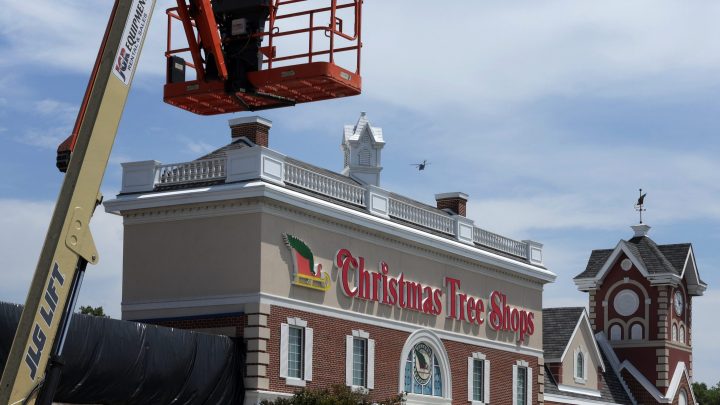
What do rising corporate bankruptcies say about the economy?
What do rising corporate bankruptcies say about the economy?

There was a big spike in corporate bankruptcies in August, data company Epiq Bankruptcy reported this week, up 17% from July. That puts corporate bankruptcy on the rise for more than a year now.
For people who study bankruptcy, this trend is a long time coming.
“What we’re experiencing now is the fruit of the seeds planted in the 2010s,” said Ed Morrison, a professor at Columbia Law School.
After the 2008 financial crisis, borrowing money was cheap, so companies on shaky footing could stay afloat. That was exacerbated by the pandemic; interest rates fell again and relief programs bought businesses even more time.
Morrison said now, bankruptcies have piled up.
“Those failures are not harbingers of widespread economic problems in our economy,” he said. “That’s not to say that they don’t have devastating impacts.”
When bankruptcies are high, companies that have filed are less likely to survive. Sam Antill, a finance professor at Harvard Business School, said it’s harder to find a buyer.
“Because suddenly there aren’t that many viable buyers, because all the people that have the right experience in this industry are in distress themselves,” Antill said.
This is happening in health care right now. Many senior care, pharma and hospital companies have filed for bankruptcy this year. That affects consumers, who are left with fewer choices, and workers, who are more likely to lose their jobs.
In some ways, these bankruptcies are a symptom of the Federal Reserve trying to slow the economy, said David Wessel, senior fellow at the Brookings Institution.
“You want them to do some, but not too much,” Wessel said.
He said it doesn’t look like we’re in the “too much” territory yet. But a continued increase in filings could signal overcooling and could make banks tighten lending.
“A bankruptcy that scares a banker can prevent somebody who wants to start a new business or expand their business from getting money,” Wessel said.
That mostly hurts small businesses, which make up 99.9% of American business.
There’s a lot happening in the world. Through it all, Marketplace is here for you.
You rely on Marketplace to break down the world’s events and tell you how it affects you in a fact-based, approachable way. We rely on your financial support to keep making that possible.
Your donation today powers the independent journalism that you rely on. For just $5/month, you can help sustain Marketplace so we can keep reporting on the things that matter to you.

















